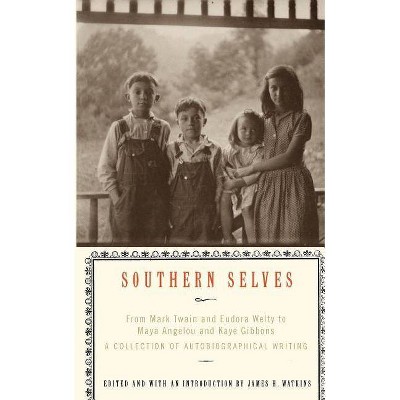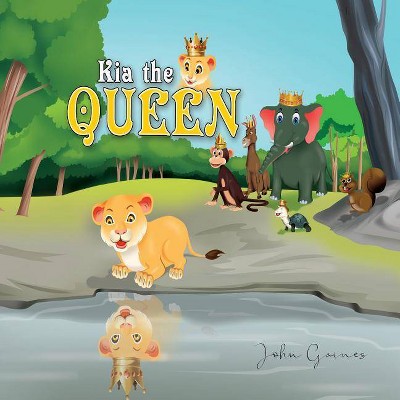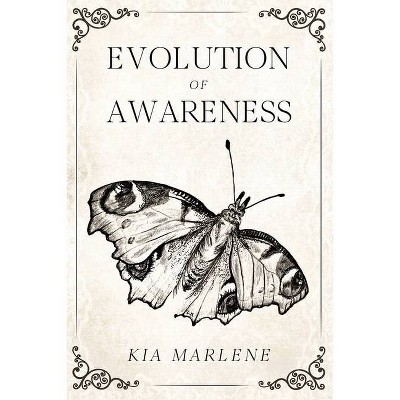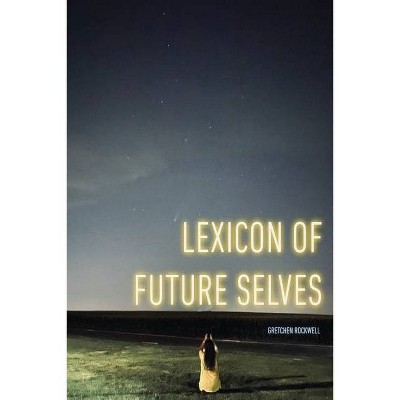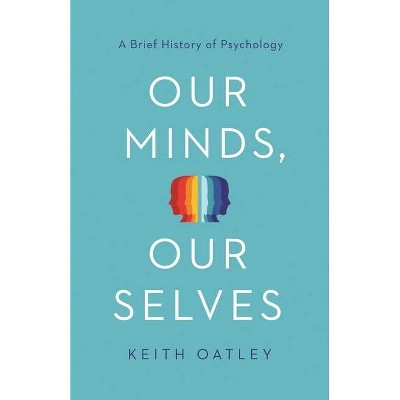Persianate Selves - by Mana Kia (Paperback)
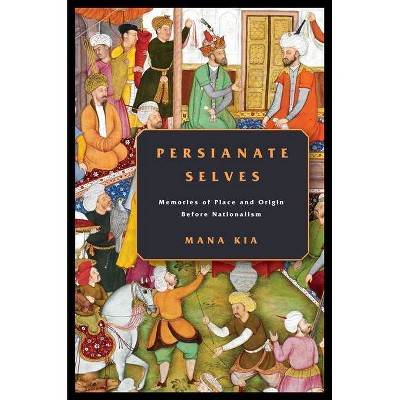
Similar Products
Products of same category from the store
AllProduct info
<p/><br></br><p><b> About the Book </b></p></br></br>"Persianate Selves challenges accepted notions of what it meant to be Persian in the eighteenth century. Drawing on commemorative texts, this book reveals that to be Persian was not necessarily to be Iranian. Persians hailed from a variety of places across Central, South, and West Asia, and their sense of self was not tied to modern ideas of nationalism, religion, or race. Mana Kia explores the common education and cultural logic that connected Persians, before the concept of the nation, describing how place, origin, and memory created a sense of self unbounded by the limits of colonial modernity"--<p/><br></br><p><b> Book Synopsis </b></p></br></br><p>For centuries, Persian was the language of power and learning across Central, South, and West Asia, and Persians received a particular basic education through which they understood and engaged with the world. Not everyone who lived in the land of Iran was Persian, and Persians lived in many other lands as well. Thus to be Persian was to be embedded in a set of connections with people we today consider members of different groups. Persianate selfhood encompassed a broader range of possibilities than contemporary nationalist claims to place and origin allow. We cannot grasp these older connections without historicizing our conceptions of difference and affiliation. </p> <p>Mana Kia sketches the contours of a larger Persianate world, historicizing place, origin, and selfhood through its tradition of proper form: <i>adab</i>. In this shared culture, proximities and similarities constituted a logic that distinguished between people while simultaneously accommodating plurality. Adab was the basis of cohesion for self and community over the turbulent eighteenth century, as populations dispersed and centers of power shifted, disrupting the circulations that linked Persianate regions. Challenging the bases of protonationalist community, <i>Persianate Selves</i> seeks to make sense of an earlier transregional Persianate culture outside the anachronistic shadow of nationalisms. </p><p/><br></br><p><b> Review Quotes </b></p></br></br><br>Dissecting notions of home, landscape, kinship and memory, Kia provides us with a radically new framework for understanding Persianate culture. ... An excellent scholarly study worthy of close study for anyone looking to make sense of our past and present.--Usman Butt "<i>The New Arab</i>"<br><br><i>Persianate Selves</i> disturbs our national imaginaries and challenges the way we write Persianate history. Instead of dynastic, ethnic, and blood bound categories, we encounter kindred voices who embody Persianate <i>adab</i> and reveal multiple experiences of place. Whether one contests or agrees, we will all have to engage with the different terms of analysis Mana Kia offers in this pioneering work.--Kathryn Babayan "University of Michigan"<br><br><i>Persianate Selves</i> traverses a now-vanished cosmopolitan world and suggests a fascinating new approach to conceptualizing a shared cultural space. This engaging book is sure to generate considerable discussion among scholars interested in the intellectual cultures of the world before the nationalist divide.--Muzaffar Alam "University of Chicago"<br><br>Besides its scholarly contribution, <i>Persianate Selves</i> is an indispensable and highly recommended book for world leaders, policymakers and anyone interested in curing their monological ways of thinking about Islamic pasts.--Aqsa Ijaz "<i>Dawn</i>"<br><br>Few questions are more vexed in the study of early modern Asia, with evidence more evanescent, than how people identified before nationalism. Drawing on dozens of Persian texts, Mana Kia scrutinizes their conceptions of place, movement, memory, lineage, origins, and onomastics to denaturalize the nationalist ties between land and language. <i>Persianate Selves</i> is an invaluable <i>vade mecum</i> for navigating the transregional Persianate past.--Nile Green "editor of <i>The Persianate World: The Frontiers of a Eurasian Lingua Franca</i>"<br><br>In dislodging protonationalist categories in the understanding of affiliation, belonging, and selfhood, Kia offers sharp analytic tools for rethinking what it meant to be Persian before the rise of nationalism.--Alireza Doostdar "<i>Critical Inquiry</i>"<br><p/><br></br><p><b> About the Author </b></p></br></br><b>Mana Kia</b> is Associate Professor of Middle Eastern, South Asian, and African Studies at Columbia University.
Price History
Price Archive shows prices from various stores, lets you see history and find the cheapest. There is no actual sale on the website. For all support, inquiry and suggestion messages communication@pricearchive.us

